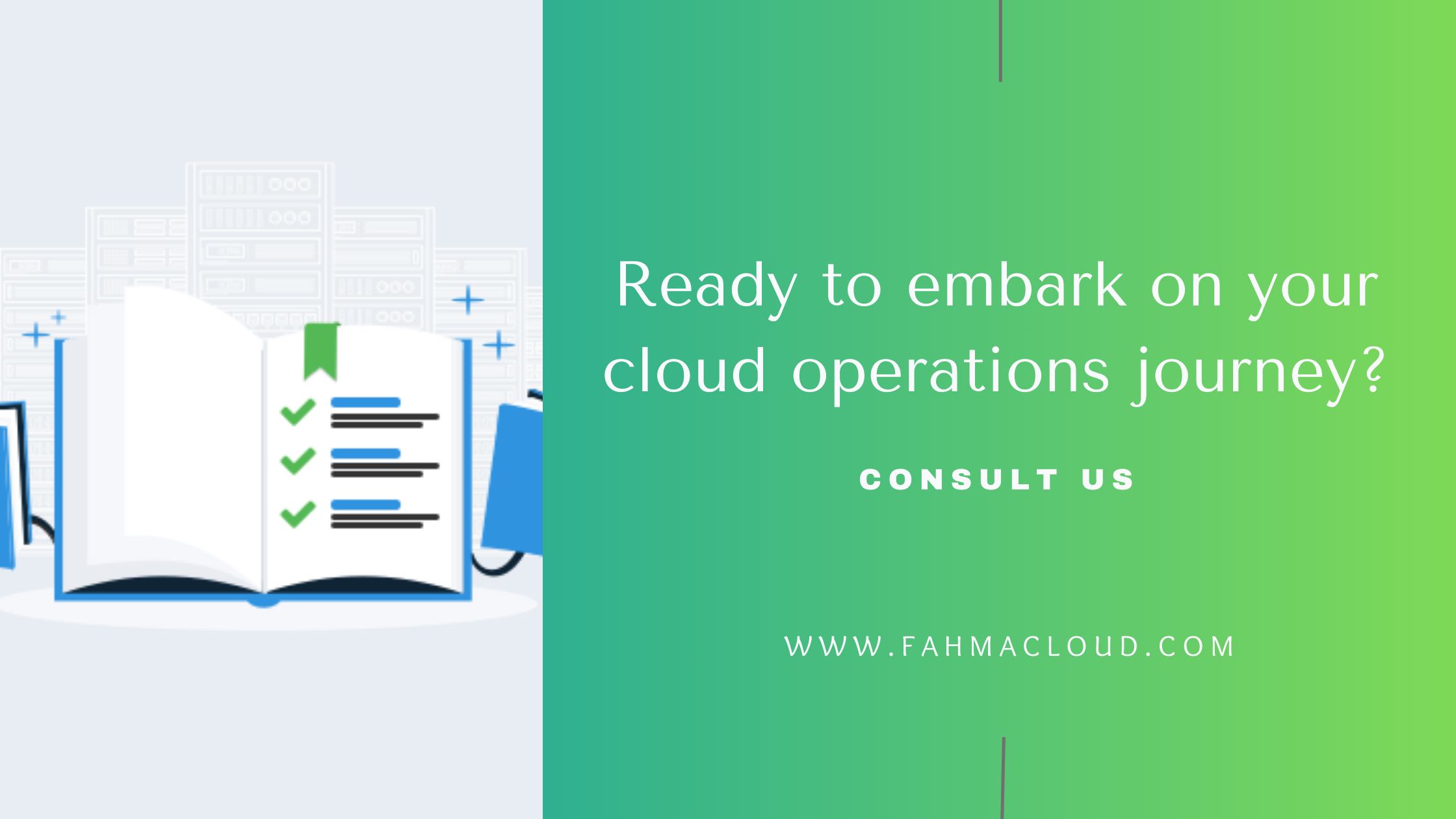Cloud operations refer to the management and maintenance of cloud computing infrastructure and services. It involves tasks such as provisioning resources, monitoring performance, ensuring security, and optimizing costs to keep the cloud environment running smoothly. Cloud operations enable organizations to leverage the flexibility, scalability, and cost-effectiveness of cloud computing while maintaining reliability and efficiency.
Cloud computing has become the cornerstone of modern IT infrastructure. Whether you’re a seasoned expert or embarking on your tech journey, comprehending cloud operations is indispensable. This introductory guide aims to demystify the essentials of cloud operations, offering a clear pathway to navigate this dynamic domain with confidence.
What Are Cloud Operations?
Cloud operations encompass the processes and practices involved in managing and maintaining cloud infrastructure and services. This includes provisioning resources, monitoring performance, ensuring security, optimizing costs, and more. Essentially, it’s everything required to keep your cloud environment running smoothly and efficiently.
The Benefits of Cloud Operations
The benefits are numerous. By leveraging cloud services, organizations can scale resources on-demand, improve agility, enhance collaboration, and reduce upfront infrastructure costs. However, realizing these benefits requires effective management and governance of cloud resources. That’s where cloud operations come into play.
Key Components of Cloud Operations
Now that we understand the importance of cloud operations, let’s delve into its key components:
-
Resource Provisioning: This involves deploying and configuring cloud resources such as virtual machines, databases, storage, and networking components.
-
Monitoring and Alerting: Continuous monitoring of cloud infrastructure and applications is essential for detecting issues, optimizing performance, and ensuring availability. Alerts help notify administrators of any anomalies or potential issues that require attention.
-
Security Management: Securing cloud environments involves implementing robust authentication, authorization, encryption, and compliance measures to protect data and applications from threats.
-
Cost Optimization: Cloud resources come with costs, and optimizing spending is critical. This involves rightsizing instances, leveraging reserved instances, implementing tagging and cost allocation, and utilizing cost management tools.
-
Automation: Automation plays a crucial role in streamlining repetitive tasks, improving efficiency, and reducing manual errors. DevOps practices such as Infrastructure as Code (IaC) enable automated provisioning and configuration of cloud resources.
Getting Started with Cloud Operations
Ready to embark on your cloud operations journey? Here are some steps to get you started:
-
Educate Yourself: Familiarize yourself with cloud computing concepts, architectures, and best practices. There are plenty of online resources, courses, and certifications available to help you deepen your knowledge.
-
Choose a Cloud Provider: Select a cloud provider that aligns with your organization’s needs and goals. Popular options include Amazon Web Services (AWS), Microsoft Azure, and Google Cloud Platform (GCP).
-
Hands-On Experience: Dive into the cloud platform of your choice and start experimenting. Create virtual machines, set up databases, explore networking services, and get comfortable with the management console and command-line tools.
-
Stay Updated: The cloud landscape is constantly evolving, with new services, features, and updates being released regularly. Stay informed about industry trends, best practices, and emerging technologies to keep your skills sharp.
While cloud operations might appear intimidating initially, with the appropriate knowledge and strategy, you can adeptly navigate this vital facet of contemporary IT. By grasping the fundamentals of cloud operations and adopting optimal practices, you’ll empower yourself to fully exploit the capabilities of cloud computing and foster innovation within your enterprise. Therefore, seize the opportunity to embark on your cloud journey today – the potential is limitless!

